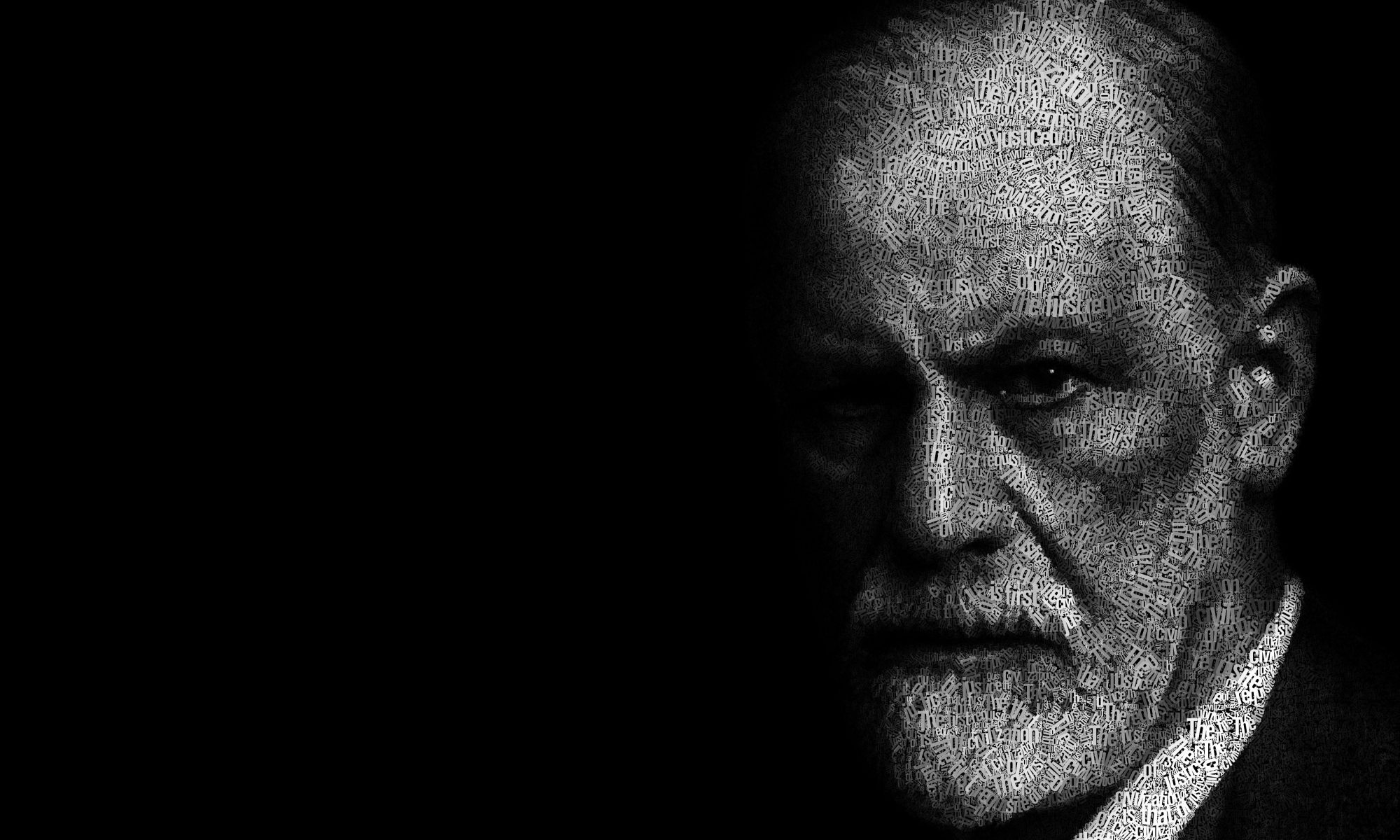We asked IPAA President Fergal Brady to tell us a little more about The Budapest School and why it is important for psychoanalysts today….
I want to take a few minutes to address a question we are being asked in relation our IPAA Conference 19. What is the Budapest School?
“I suppose it’s only fair to say that it was not a School in the first instance in that there was never a single location or a lineage of teachers who were working from a particular point of view.
The Hungarian Psychoanalytic Society was founded by Sandor Fereczi and three others in 1913. It was as much a cultural phenomenon as anything else and involved some of the burgeoning Avant Garde scene in Budapest at the time. It was a creative multidisciplinary group which included literary and medical influences. Something of that early spirit is retained and included in the innovative and creative approach to the work of psychoanalysis that grew out of those beginnings.
Sandor Ferenczi himself was the catalyst for great change, but sadly, great change that would not relay even properly take hold until long after his premature death from pernicious anaemia at just 59 years of age.
His fearless instinct for the therapeutic encounter and acute listening to his patients led to some innovations which we are only reaping today and which through this conference we hope to bring to a wider audience in Ireland. There is a focus put on the countertransference experience of the analyst, the psychoanalytic training; the mother child relationship and the doctor patient relationship. Relationship is key.
There were huge upheavals in Hungary over the period in the sixty years after the foundation of the Hungarian Psychoanalytic Society. This resulted in the exile to different part of the World of some major Hungarian figures. These included Michael Balint, Margaret Mahler. Melanie Klein was an analysand of Ferenczi’s, she had sought him out for treatment of her depression. These Hungarians and many more brought the essence of Ferenczi’s way of working to Psychoanalytic Societies the World over.
Listening acutely to his patients, especially his women patients led Ferenczi to develop theories and a way of working with trauma which differed from the views of Freud. We will describe and develop these ideas in the programme for our conference and hope to bring the attendees to a new level of understanding if what has become a major international movement within the psychoanalytic field, the Budapest School.”
